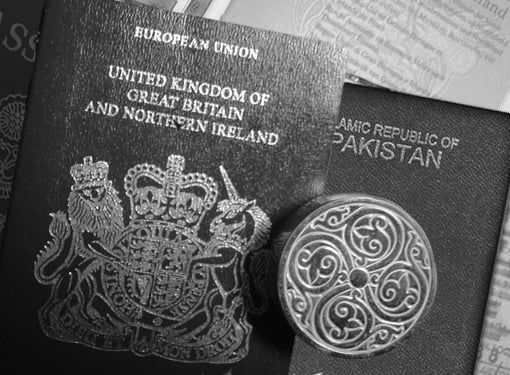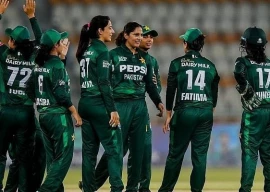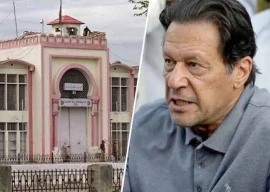
Former members of parliament (MPs) with dual nationalities and those with fake degrees found themselves the targets of the Supreme Court’s ire on Thursday. On that day, the Supreme Court issued notices to as many as 20 former members of parliament who either resigned or were disqualified over their dual nationalities.
Hearing the case on the implementation of the SC judgment in the dual nationality case, the three-member bench, headed by Chief Justice Iftikhar Chaudhry, asked the MPs in question to respond to the notice and explain why criminal proceedings should not be initiated against them and why the perks they enjoyed during their time in parliament should not be recovered.
Those issued notices include Nadeem Ahsan, Haider Abbas Rizvi, Fouzia Ejaz, Sabin Rizvi, Dr Aresh Kumar, Arif Aziz Shaikh, Jamil Malik, Fouzia Afzal, Tahir Ali Javed, Jamil Ashraf, Javed Iqbal, Murad Ali Shah, Sadiq Ali Memon, Abdul Moeed, (the late) Muhammad Ali Shah, Askari Taqvi and Muhammad Raza Haroon. They have been directed to respond to the notice by April 1, the next date of hearing.
During the proceedings, Justice Chaudhry remarked that the court had earlier ordered the National Assembly secretary to ensure Shehnaz Sheikh – a member of National Assembly from Pakistan Muslim League-Quaid who was disqualified for possessing an Australian nationality – refunded the benefits and salary she received during her time in Parliament.
The CJ also expressed his ire at the Election Commission for failing to take action in order to ensure the recovery of benefits enjoyed by dual national MPs.
Appearing before the court, ECP official Abdul Rehman told the bench that they had sent a list of those MPs to returning officers who were tasked with accepting nominations for the upcoming polls, so that they may question them on their violation of article 63(1) of the Constitution.
The bench subsequently directed the ECP to provide the particulars of the 20 MPs and asked the SC registrar to issue notices to them.
But while the ECP came under fire on the dual nationality issue, they received support from the SC when it came to MPs with fake degrees. The Supreme Court directed all police chiefs to furnish reports into fake degree allegations against former parliamentarians and initiate action against those police officers who were delaying investigations.
The decision, by a three member bench of the apex court headed by Chief Justice Iftikhar Mohammad Chaudhry, came after the ECP forwarded the names of alleged fake degree holders.
The bench also asked the judiciary to take all steps necessary to ensure that fake degree cases are adjudicated before the upcoming elections. In its judgment, it asked registrars of High Courts to inform their respective chief justices about those trial judges who were delaying fake degree cases, so that appropriate action against them could be initiated. The apex court also directed that the trial judges must not give undue adjournments without cogent reasons.
The bench, which included Justice Gulzar Ahmed and Justice Sheikh Azmat Saeed, also directed the registrars and police chiefs to furnish their complete reports about the 34 pending fake degree cases by April 4.
Earlier, the ECP and registrars of all high courts except the Balochistan High Court, informed the bench about details of pending cases, with most of the cases lagging in Punjab.
“If found negligent in carrying out their duties the SC might take action against the concerned police officers and trial judges”, said Justice Chaudhry as he expressed dissatisfaction on the reports submitted about progress in pending cases.
The court also directed the district and sessions judge Muzaffargarh, to conduct daily hearings of the complaint against former PPP MNA Jamshed Dasti and conclude the hearing before April 4.
The court declined Dasti’s request for deferring criminal proceedings against him until after the upcoming elections.
Published in The Express Tribune, March 29th, 2013.


1725443747-0/Untitled-design-(5)1725443747-0-165x106.webp)



1731570357-0/elon-musk-(1)1731570357-0-270x192.webp)










COMMENTS
Comments are moderated and generally will be posted if they are on-topic and not abusive.
For more information, please see our Comments FAQ